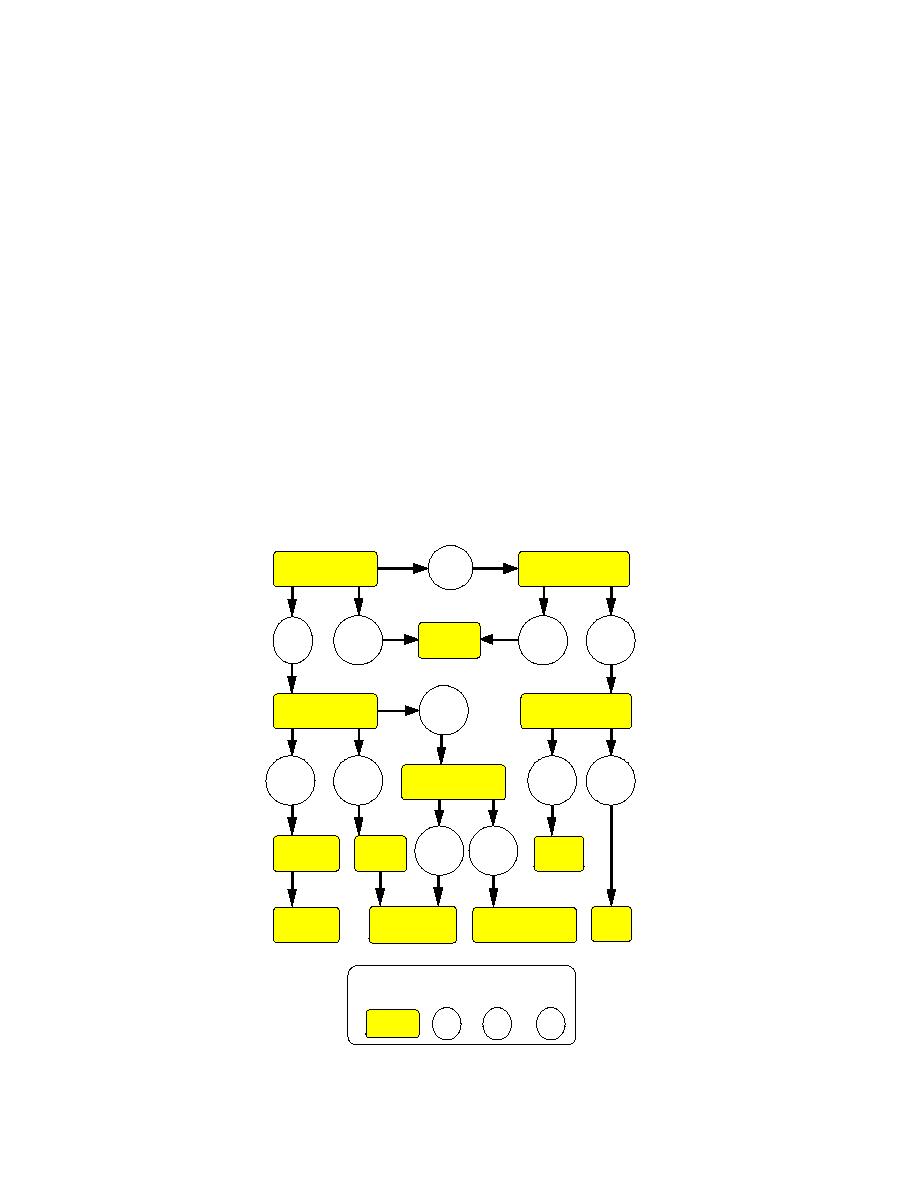
UFC 3-570-06
JANUARY 31 2003
or improper AC input. Proceed to paragraph 5-2.5 to check the AC input to the stacks
and paragraph 5-2.7 to troubleshoot the diodes/selenium plates.
5-2.1.3
Normal DC voltage indicates a break in the anode lead, failed anodes, or a
break in the structure lead (proceed to paragraph 5-2.). If the voltage is normal and the
rectifier voltmeter reads significantly different, the connections or the voltmeter are faulty
(proceed to paragraph 5-2.1.3a).
WARNING: AC voltage is still present inside the rectifier with the rectifier circuit breaker
or power switch OFF. All connections inside the rectifier cabinet should be made with
alligator clip leads connected with the power to the rectifier OFF. If needlepoint leads
are used with power ON, use prudent electrical safety practices for working with live
circuits. For Navy projects, when conducting work on or near circuits energized lines or
parts of equipment operating at or above 50V, utilize work practices identified in OPNAV
P-45-117-6-98.
Figure 5-1. Troubleshooting Block Diagram
1.1
1
5
DC Volts
0
AC to Stacks
5.1
1.3
1.2
5.2
7
N
1/2
0
N
2.1
2
6
DC Amps
0
AC to Rectifier
2.2
6.1
2.3
6.2
3
N
1/2
0
Anode Lead
N
3.1
11
3.2
7
9
N
0
Taps
10
8
12
4
Anode Bed
Structure Lead
AC
Structure
LEGEND
Near Zero
Test
Half Normal
Normal
1/2
Action
N
0
5-2



 Previous Page
Previous Page
